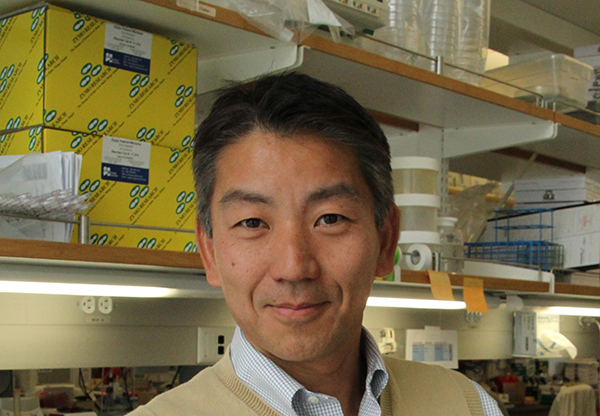
Without enzyme replacement therapy or a blood or marrow transplant, children born with Hurler Syndrome usually die before they reach 10 years old. Hurler Syndrome is a rare genetic disease that leaves the body without an enzyme that breaks down large molecular building blocks of bones and tissue. When these large molecules build up, they can damage organs and cause a host of problems, including a degeneration of brain functions, heart problems, impaired hearing and vision, loss of coordination, breathing difficulties, abnormal joint and bone growth, stiff joints, and a thickened skull and facial features.
Results for transplants and enzyme replacement therapy have been mixed, and usually don’t help with skeletal or brain development issues. Toshio Miki of the Department of Surgery and his team have been researching a therapy that offers patients a better quality of life. In their work with mice, they have discovered that transplanting human placental stem cells offers a long-term solution.
In a study done with the support of the California Institute for Regenerative Medicine (CIRM), Miki’s team found that transplanting healthy stem cells directly into the livers of newborn mice resulted in significant restored enzyme function for more than 20 weeks. The mice that received stem-cell transplants had better coordination than those that didn’t, and also had greatly reduced issues with bone development and joint stiffness. Researchers even noticed that mice that received transplants were more likely to engage in normal grooming behavior and interact with their cage mates.
Since this type of placental stem cell is readily available, Miki’s research offers some real hope for children born with this condition.
